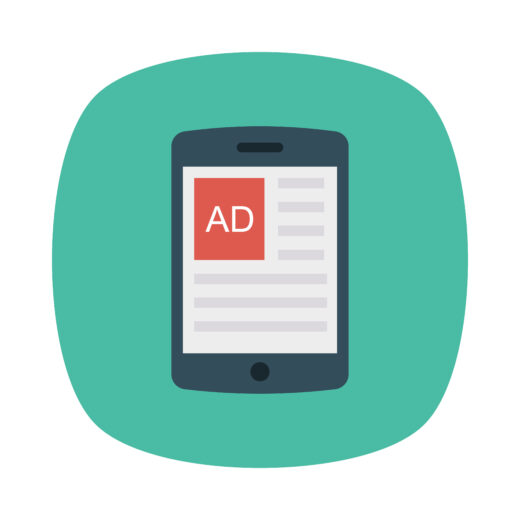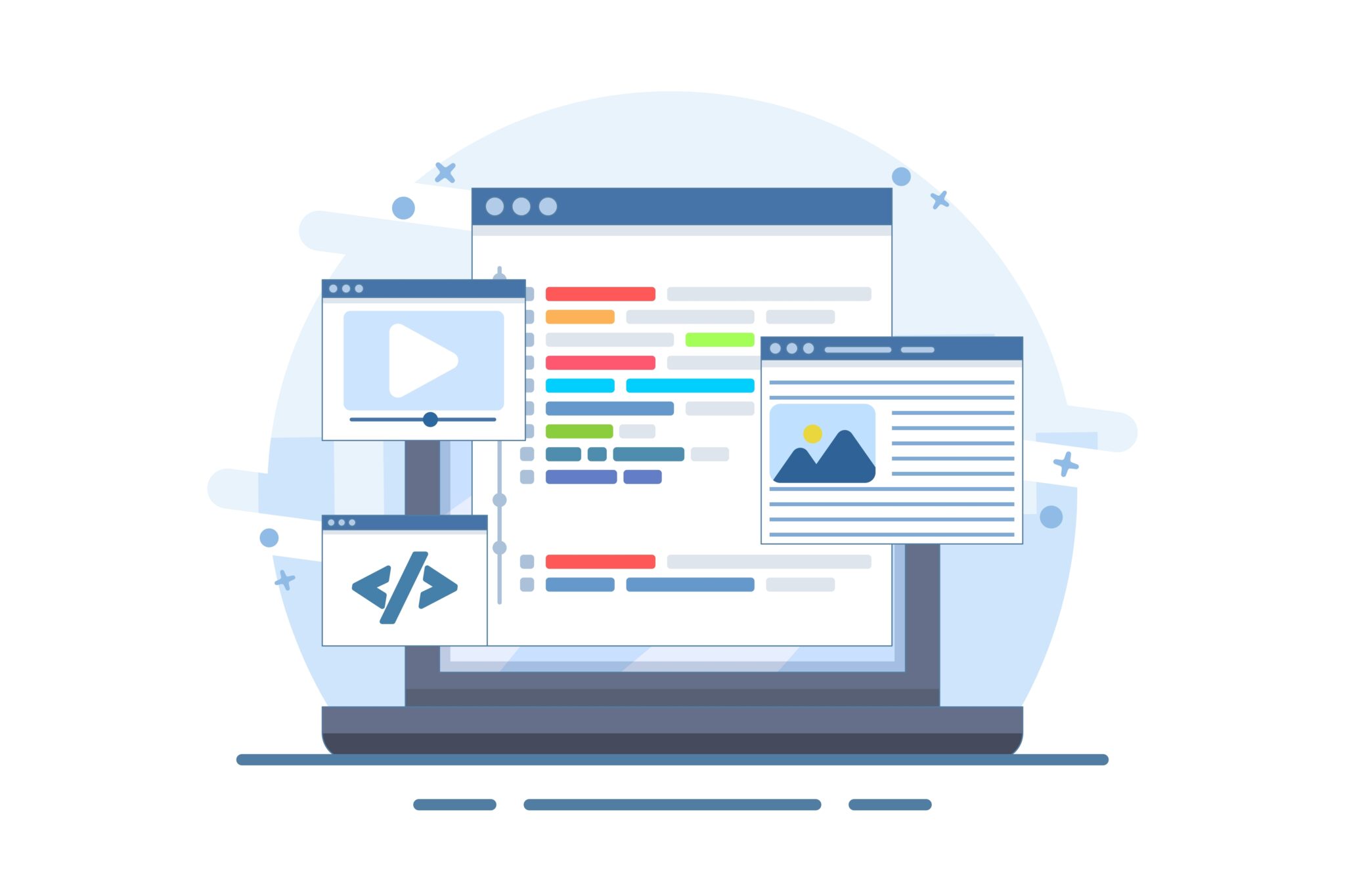Mastering the Art of Google Ads Optimisation: A Step-by-Step Guide

Google Ads, formerly known as Google AdWords, is a powerful digital advertising platform that can drive traffic, leads, and sales to your business. However, simply creating ads and campaigns isn’t enough; optimisation is the key to achieving the best results. Read on for some tips.
1. Keyword Refinement
One of the cornerstones of Google Ads optimisation is refining your keyword selection. Continuously review and update your keyword lists to ensure they are relevant, specific, and aligned with your goals. Utilise keyword match types like broad match, phrase match, and exact match to control the relevance of your ads to user queries.
2. Compelling Ad Copy
Your ad copy is your first impression on potential customers. Craft compelling and relevant ad copy that includes the keywords you’re targeting. Test different versions of your ad copy to discover what resonates best with your audience.
3. Landing Page Relevance
The landing page your ads lead to should match the intent of the user’s search query. Ensure that your landing page provides a seamless and relevant experience, and includes a clear call-to-action.
4. Bid Management
Regularly review your bids to maintain a balance between visibility and cost. You can use manual or automated bidding strategies based on your goals. Adjust your bids to stay competitive and reach your target audience effectively.
5. Negative Keywords
Implement a robust negative keyword strategy to exclude irrelevant traffic. This prevents your ads from showing for search queries that aren’t aligned with your products or services.
6. Ad Extensions
Leverage ad extensions to provide additional information to potential customers. These can include site links, callout extensions, location extensions, and more. Ad extensions can improve the visibility and performance of your ads.
7. Quality Score Improvement
Google uses Quality Score to assess the relevance of your ads. A higher Quality Score can lead to lower costs and better ad positions. Focus on improving your landing page experience, click-through rate (CTR), and ad relevance to boost your Quality Score.
8. Ad Scheduling
Analyse your ad performance data to determine the best times and days to display your ads. Use ad scheduling to adjust bids and ad delivery based on when your target audience is most active.
9. Mobile Optimisation
With the growing number of mobile users, it’s crucial to ensure your ads are optimised for mobile devices. Create mobile-friendly ad copy and landing pages, and consider mobile-specific bid adjustments.
10. Conversion Tracking
Implement conversion tracking to measure the success of your campaigns. This allows you to see which keywords and ads are driving valuable actions on your website, helping you make data-driven decisions.
11. A/B Testing
Regularly conduct A/B tests to compare different ad elements, such as headlines, descriptions, and landing page variations. This can help you identify what resonates best with your audience and improve campaign performance.
Optimising your Google Ads campaigns is an ongoing process that requires regular attention and adjustments. By focusing on keyword refinement, ad copy quality, landing page relevance, and other essential factors, you can increase the effectiveness of your advertising efforts and achieve your digital marketing goals. Stay proactive, monitor performance, and adapt your strategies to keep your Google Ads campaigns at their peak performance.







